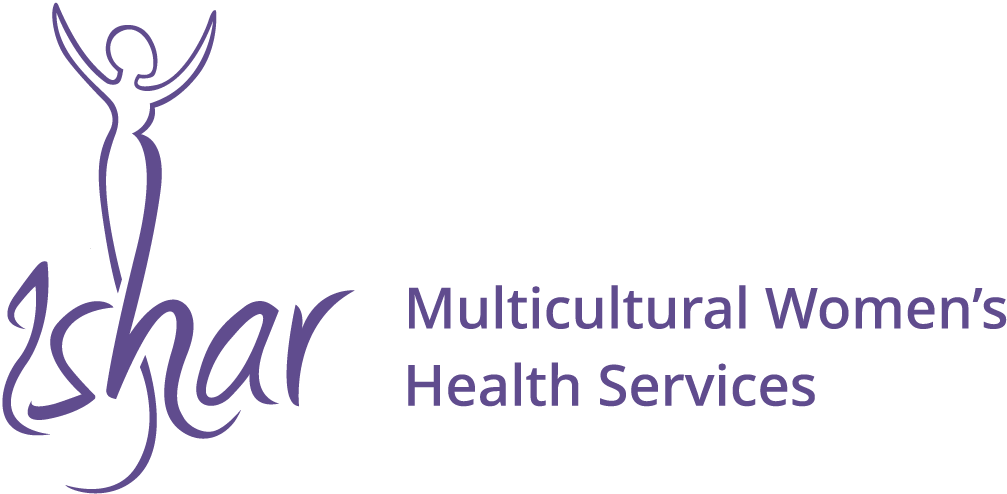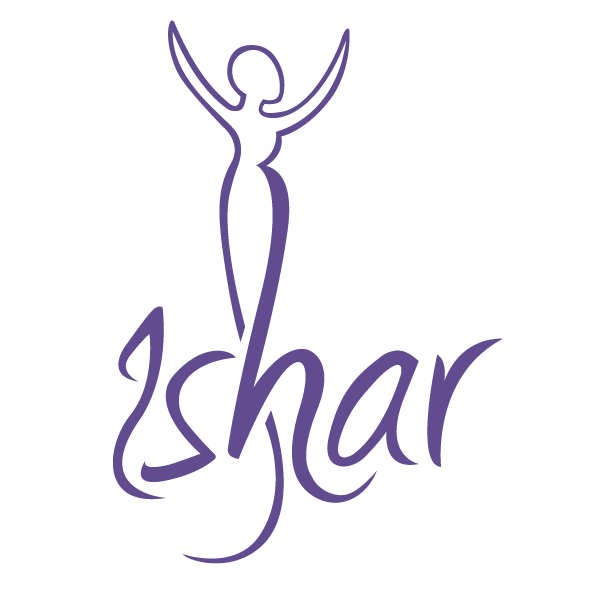Publications
Breaking Barriers: Resources in Language Unveiling the Faces of Family and Domestic Violence
Ishar's multilingual resources, including the information booklet and safety plan available in Hindi, Arabic, Chinese, and English, represent a groundbreaking milestone in preventing and addressing family and domestic violence. By articulating the various manifestations of violence in language, Ishar works with survivors to recognise violence and empowers them by utilising the survivors' strengths and providing them with the skills, knowledge and resources to rebuild their lives.
Up close & personal 2: Breast & Gynaecological Cancer Awarenes
What is considered ‘women’s cancers?’ Breast cancer is one of the most common forms of cancer that women are diagnosed with, with 1 in 8 women being diagnosed with breast cancer by age 85. Women are also affected by gynaecological cancers which include but are not limited to ovarian, cervical, vaginal, vulvar, and uterine cancer.
This article explores breast and cervical cancer and how Ishar’s health promotion team supports CaLD women understand the screening processes.
R U Ok? Ask the question & listen
Every year on the second Thursday of September, we are reminded to check in on our friends and family. This reminder is known as ‘R U OK?’ day. On R U OK day, we are encouraged to focus on learning to have meaningful conversations that allow people to open up about their feelings. This article explores the importance of asking tough questions, how to create a safe space and the importance of listening.
Period Poverty
Period poverty affects individuals in a variety of ways. Whilst we in Australia would like to think we are ‘above’ Period Poverty, we simply are not. The inability to menstruate hygienically can promote a wide range of negative emotions for women including shame, guilt and even hopelessness. This article explores how period poverty affects Culturally and Linguistically Diverse (CaLD) women living in Australia.
Your Money & Financial Well-Being
The “Your Money & Financial Wellbeing” booklet is a part of the ongoing “Financial Literacy and Its Relationship to Health and Wellbeing Project”, funded by the Office of Multicultural Interests. The booklet is available in print and electronic form in English, Arabic, Farsi, and Vietnamese to facilitate wider access to this important information.
Homelessness: The Invisible Epidemic
Migrant and CaLD women are stigmatised and sometimes ostracised for leaving violent relationships. They are accused of breaking up families and bringing “shame” to their families back home and hence they are more reluctant to seek help. These women also rely solely on their partners for their financial and everyday needs which further deters them from reaching out. Additionally, CaLD women usually lack the language skills and knowledge to navigate through the often complex and bureaucratic housing and legal systems.
Education: Empowerment for Women
Globally, 65 million girls are not in school. 17 million girls of primary school age will probably never attend school in their lifetimes. One third of girls in the developing world are married before the age of 18, and 1 in 9 are married before the age of 15. According to the United Nations, undereducated women are also most vulnerable to trafficking, abuse, and unplanned pregnancies.








